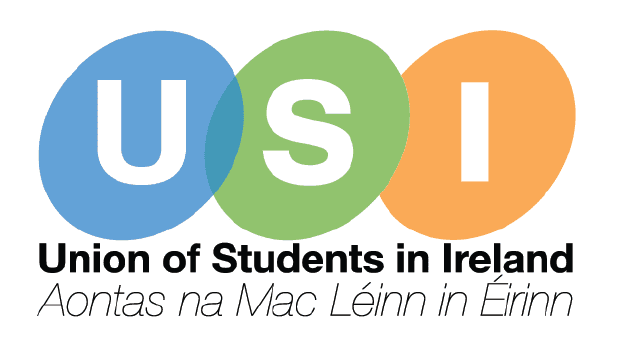[…]up to 303 in 2015, from 221 in 2014, and only 1 in 10 are reported. Published 2nd Dec Health Protection Surveillance Centre and the HSE This report prepared by Gillian Cullen and Dr Derval Igoe, November, 2015 In 2014, there were 12,626 notifications of Sexually Transmitted Infections (STIs) in Ireland, an increase of 4% compared to 2013 of all STIs increased in 2014. The most commonly diagnosed STI was Chlamydia, with 6,695 notifications in 2014. The burden of STIs remains greatest among those aged 15 – 24 year olds. NOTES: For further survey results check […]
[…]college. This is affecting their academic performance, and it’s also affecting their mental health. Students are facing two serious crises now: accommodation/housing and mental health. We are now calling on all students to join the Walkout, tell decision makers enough is enough and show the power of the student voice.” The main demands of the National Student Walkout are: Introduce protections for students living in digs Build affordable student accommodation Abolish the Student Contribution Charge Fund the full deficit in the HEI sector Funding to cover hidden costs Funding to increase counsellor to student ratios End precarious contracts Minimum wage […]
[…]while supporting family and friends who are more vulnerable. Some students have underlying health conditions and have had to move home in order for them to be able to self-isolate away from their shared student accommodation. Some students had very tough decisions to make in a hurry, such as those from India who had 24 hours to decide whether to go home as the borders were closing and they didn’t have time to get reassurance on rent refunds. The USI is calling on the companies – ISA Accommodation Dublin, Uninest, Aparto and Athlone Student Rooms – to look at ways they […]
[…]democracy. “Our main concern with TTIP is that its primary aim is to open up Europe’s public health services to American corporations, which could mean the privatisation of the HSE.” Kevin Donoghue, USI president, said. “TTIP’s regulatory convergence agenda is to bring EU food safety standards closer to the US. The US has a lot less strict regulations than the UK does. 70% of all processed food in America now contains genetically modified (GM) ingredients, compared to the EU which allows almost no GM foods. US meats, such as beef, have growth hormones, which is currently banned in Europe because […]
[…]democracy. “Our main concern with TTIP is that its primary aim is to open up Europe’s public health services to American corporations, which could mean the privatisation of the HSE.” Kevin Donoghue, USI president, said. “TTIP’s regulatory convergence agenda is to bring EU food safety standards closer to the US. The US has a lot less strict regulations than the UK does. 70% of all processed food in America now contains genetically modified (GM) ingredients, compared to the EU which allows almost no GM foods. US meats, such as beef, have growth hormones, which is currently banned in Europe because […]
